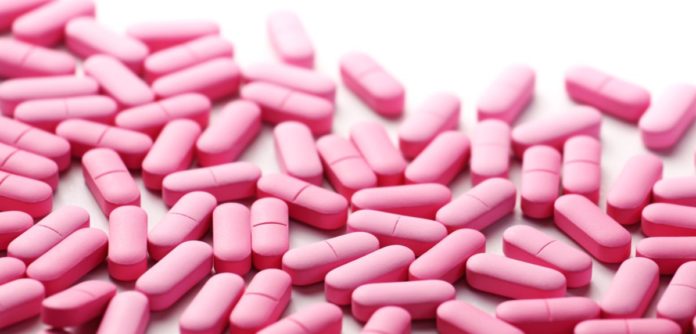An international study conducted by Oxford University suggests that antidepressants can be an effective tool to treat major depression, but this does not necessarily mean that antidepressants should always be the first line of treatment.
According to an estimation, almost 350 million people have depression worldwide. The monetary weight in the USA alone has been evaluated to be more than US$210 billion. Pharmacological and non-pharmacological medicines are accessible, but because of a lack of assets, antidepressants are utilized more every now and again than mental intercessions. In any case, there is significant open deliberation about their adequacy.
The worldwide investigation is a system meta-examination of 522 twofold visually impaired, randomized controlled trials involving an aggregate of 116477 members. The examination incorporates the biggest measure of unpublished information to date, and every one of the information from the investigation has been made openly accessible on the web.
Scientists during the study identified all double-blind, randomized controlled trials (RCTs). They then compared them with a placebo or with other antidepressants (head-to-head trials) for the acute treatment (over 8 weeks) of major depression in adults aged 18 years or more. Moreover, they consulted pharmaceutical companies, original study authors, and regulatory agencies to supplement incomplete reports of the original papers or provide data for unpublished studies.
The essential results were viability (number of patients who reacted to treatment, i.e., who had diminished depressive side effects of half or more on an approved rating scale more than two months) and adequacy (extent of patients who pulled back from the examination for any reason by week 8).
In general, 522 twofold visually impaired RCTs done in the vicinity of 1979 and 2016 looking at 21 regularly utilized antidepressants or fake treatments were incorporated into the meta-investigation, the biggest ever in psychiatry. A sum of 87052 members had been haphazardly doled out to get medication and 29425 to get fake treatment. The dominant part of patients had direct to extreme misery.
Each of the 21 antidepressants was more viable than fake treatment, and just a single medication (clomipramine) was less satisfactory than fake treatment.
The data involves meta-analysis covering 8-weeks of treatment. Thus, it may not necessarily apply to the longer-term antidepressant use, suggest scientists.
Dr Andrea Cipriani of Oxford University’s Department of Psychiatry said, “Our study brings together the best available evidence to inform and guide doctors and patients in their treatment decisions. We found that the most commonly used antidepressants are more effective than placebo, with some more effective than others. Our findings are relevant for adults experiencing a first or second episode of depression – the typical population seen in general practice.”
“Antidepressants can be an effective tool to treat major depression, but this does not necessarily mean that antidepressants should always be the first line of treatment. Medication should always be considered alongside other options, such as psychological therapies, where these are available. Patients should be aware of the potential benefits of antidepressants and always speak to the doctors about the most suitable treatment for them individually.”
The discoveries from this examination appear differently in relation to a comparative investigation in youngsters and teenagers, which inferred that fluoxetine was most likely the main stimulant that may lessen depressive manifestations. The creators take note that the distinction might be on account of melancholy in youngsters as the consequence of various components or causes and note that as a result of the more modest number of concentrates in youngsters, there is extraordinary vulnerability around the dangers and advantages of utilizing any antidepressants for the treatment of sorrow in kids and teenagers.
The full paper, ‘Comparative efficacy and acceptability of 21 antidepressant drugs for the acute treatment of adults with the major depressive disorder: a systematic review and network meta-analysis‘, can be read in The Lancet.
